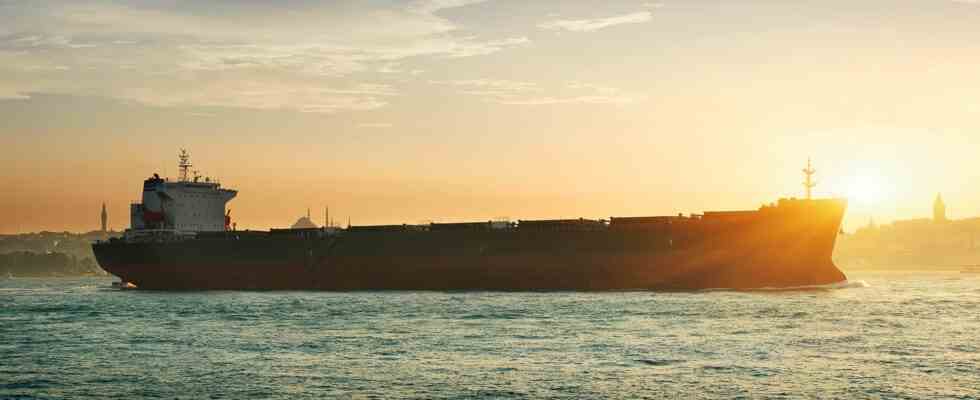Status: 05.12.2022 02:23 am
The oil embargo and the oil price cap are in effect today – and are intended to put pressure on Russia’s economy. But can the measures really put Moscow under pressure?
Oil embargo and oil price cap – these are the two sanctions that are supposed to take effect against Russia from today. The European Union initiated both measures – the oil embargo was decided in early summer, and the price cap for Russian oil was agreed with the G7 countries just a few days ago. From now on, no more oil from Russia can be landed by ship in EU ports.
The internationally agreed maximum price should ensure that it is no longer transported on European ships – such as those from Greece or Cyprus. It is set at $60 a barrel while prohibiting ship insurance or transportation when oil is being charged more. And the EU and the G7 will no longer pay Russia any more.
The embargo and cap are set to hit Russia’s economy hard again. Commission President Ursula von der Leyen was already convinced of this. The cap will also stabilize oil prices overall, she said. After all, a maximum has now been set. The emerging countries also benefited from this, since they could buy oil more cheaply.
How is Russia reacting?
Internationally, there were fears that the EU oil embargo against Russia could lead to price increases because supply is becoming scarcer. But that is not completely impossible with the price cap.
“We are probably only at the beginning of an economic war in the oil sector,” Demian von Osten, ARD Moscow, on Russia’s reactions to the oil embargo
Morning magazine, December 5th, 2022
Then it depends on how Russia reacts, says Jeromin Zettelmeyer, head of the economic think tank Bruegel in Brussels. “If Russia counters and delivers less, there will be an increase in prices – otherwise prices will remain the same or even fall.”
So far, however, nobody knows how Russia will actually react. So far, the Kremlin has said it will not accept this step. However, OPEC is apparently not assuming that there will soon be less Russian oil on the world market.
Dependent on the income from the oil business
It is correct: the state and the Putin system depend on the income from the oil business, also for financing the war against Ukraine. And the fact is: According to the International Energy Agency, the EU was still importing 1.5 million barrels of crude oil every day in October.
If such quantities fail in the future, this will possibly increase the upward pressure on prices. But only if Russia scales back its oil production and supply on the world market shrinks. With a price cap of 60 dollars, there is no reason to fear that, because this price roughly corresponds to that at which Russian oil is currently being traded in real terms. Last week it averaged $65.
Is it really bad for Russia?
This leads to the question of whether this oil embargo and price cap will really harm Russia. No, that could only have been achieved with a lower cap, says the economist Zettelmeyer – that’s how Poland, the Baltic states and Ukraine saw it themselves.
Whether the price cap will remain at $60 is by no means certain. At the G7 and in Brussels, it is said that developments will now be monitored very closely in order to make adjustments if necessary. At least the global economy can hardly use rapidly rising oil prices at the moment.
As of today, the EU oil embargo and oil price cap are to apply to Russia
Holger Beckmann, WDR Brussels, 5.12.2022 02:23 a.m

